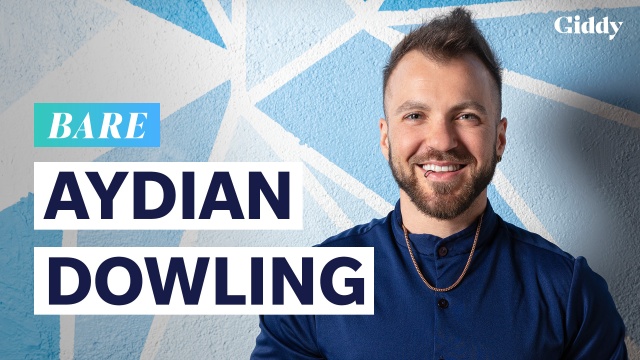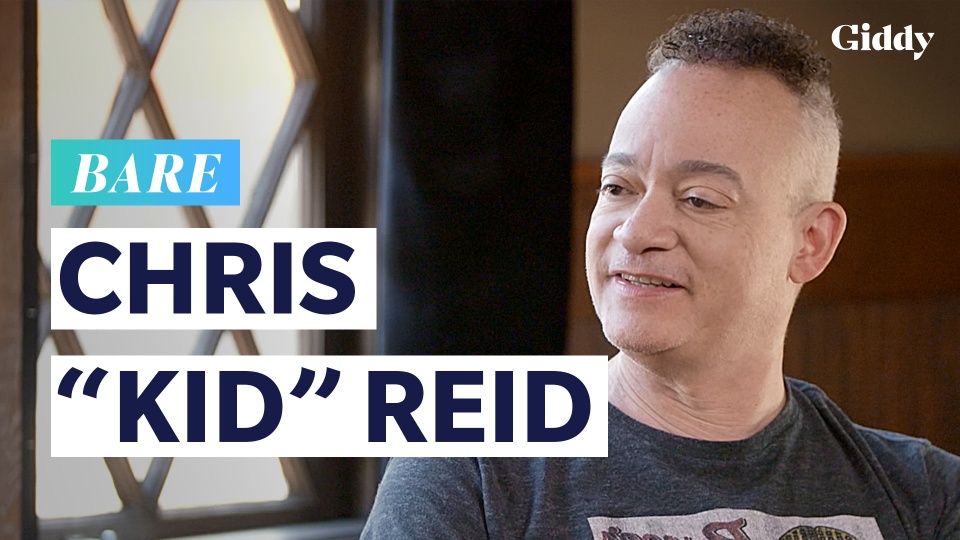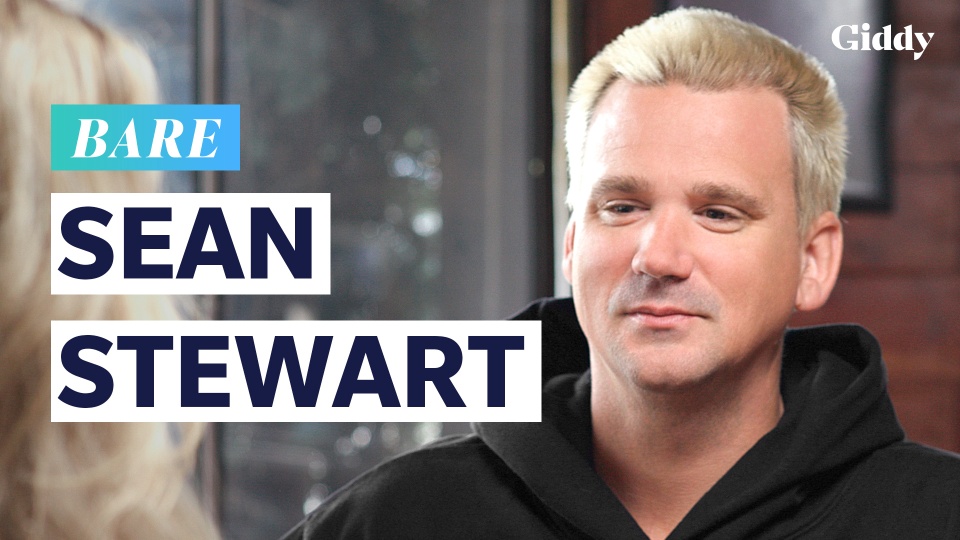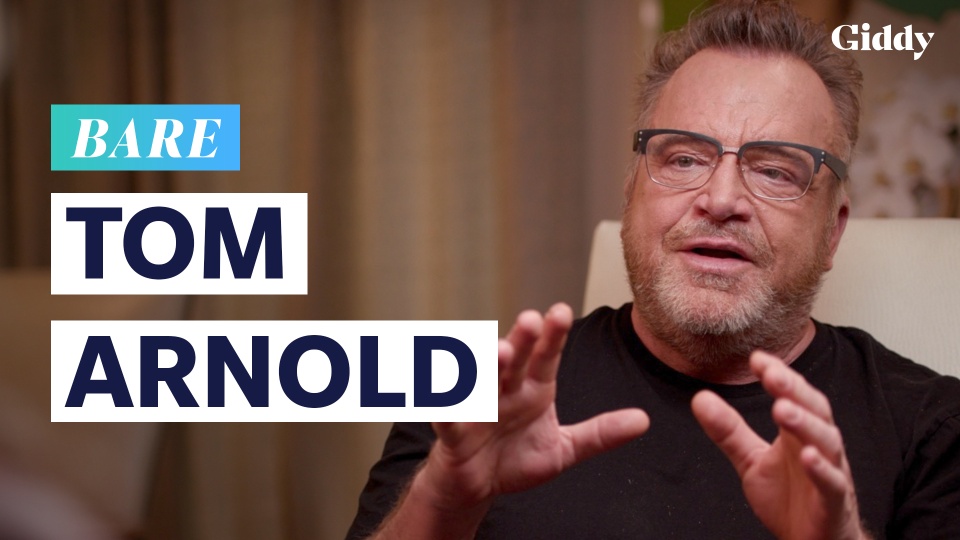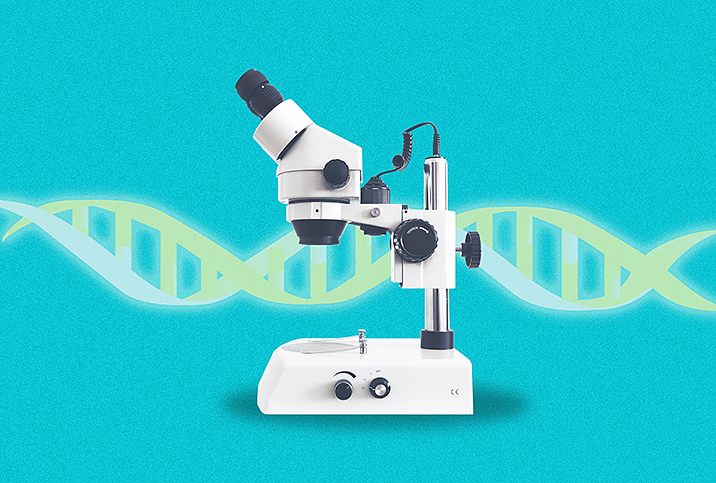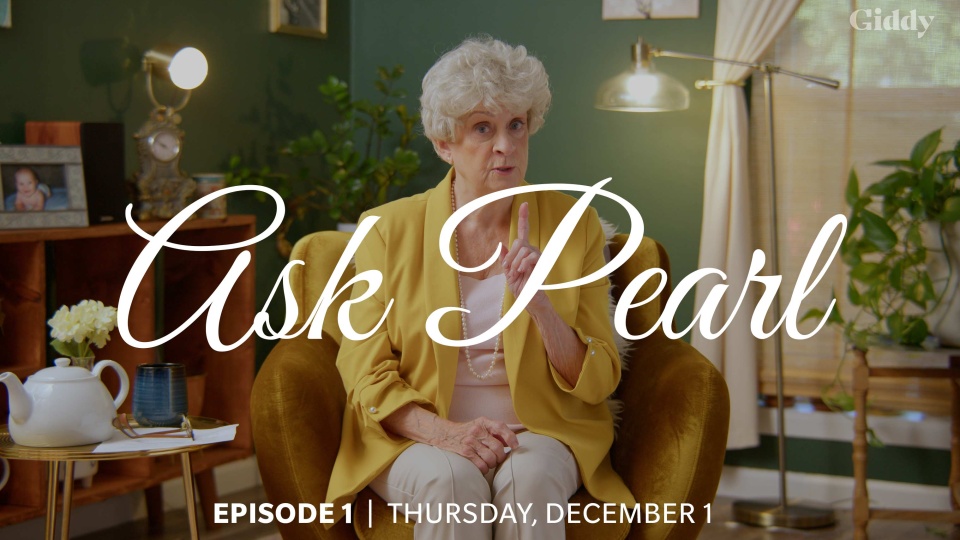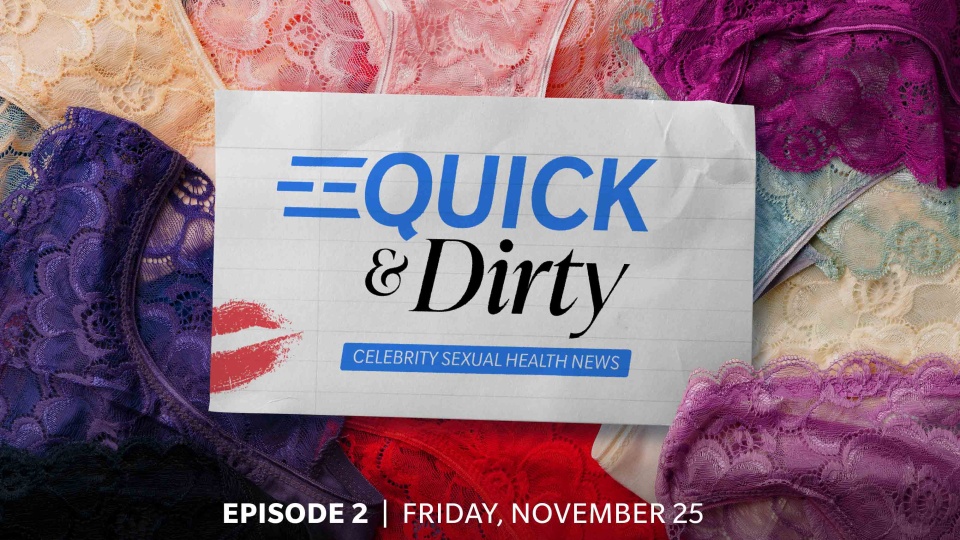Gretchen Rossi on infertility, IVF and vasectomy reversals
'Real Housewives of Orange County' alum and new mom Gretchen Rossi sits down with Giddy's Marisa Sullivan to discuss a rocky road to motherhood, which included multiple rounds of IVF.
More about this episode
A Conversation with Gretchen Rossi
"The Real Housewives of Orange County" alum Gretchen Rossi, 42, sat down with Giddy's Marisa Sullivan in Laguna Beach, California, to share her incredible—and painful—journey to motherhood.
It started with a round of IVF, resulting in the loss of 14 embryos. With IVF not working, Rossi and her partner, Slade Smiley, 47, decided it was time for a vasectomy reversal.
Tragically, the procedure was unsuccessful. The couple, however, was not giving up. They went through three more rounds of IVF, and finally, their long-awaited baby girl, Skylar Gray, arrived on July 10, 2019.
Because of this traumatic experience, Rossi—a supporter of the LifeVac first-aid device for children—urges women to freeze their eggs when they're in their 20s, well before they may be doing any sort of family planning. It's also important to know that there are many resources out there, Rossi said, and many organizations that can help educate women about the physical, emotional and financial aspects of the process. Talking to a doctor is a good first step.
Transcript
When did you learn about Slade's vasectomy?
So I actually knew about Slade's vasectomy very early on. Obviously, we were having sex—unprotected sex—and I needed to know what was going on.
So, he had voiced to me that he had a vasectomy due to Grayson—who was diagnosed with cancer—and the woman that he was with at the time. She had multiple miscarriages, multiple issues. Then, when Grayson was diagnosed with cancer, they thought the vasectomy was the responsible thing to do because they thought maybe their stuff together just wasn't producing healthy children.
Obviously, he meets me and is not with that woman anymore, and thought, "Well, that sucks."
If there's any chance you would want a baby in the future, don't get a vasectomy. It is so much pain and suffering and arduous stuff you have to go through again in order to have a baby.
There was a five-and-a-half-hour surgery with a 12-week recovery. There are two massive scars on either side of his scrotum—thank god, it all healed okay. But I saw him after the procedure and thought, "I just had you mutilated."
How long did you have to wait to have sex?
You have to wait 6 to 12 weeks, something like that. I don't remember now. Then, you have to go in every three months and get checked to see if sperm is showing up.
And men can't masturbate or ejaculate at all?
During that initial recovery period, absolutely not. You could totally damage all the work the procedure did.
When you do a vasectomy reversal, there are two things that happen. It can be a two-hour surgery or a five-and-a-half-hour surgery. When they cut the vas and sauter on either side, sperm can no longer travel through the vas. The vas is the size of angel hair pasta, super tiny. So, when they go to reconnect those two, if they cut off the side that was cauterized, and there is immediately sperm present, that is a good sign and the doctor can put the two ends together. However, if there isn't sperm present, they have to go deeper into the vas until they can find sperm, and then slowly connect the two ends. It is a very complicated surgery and you have to have a true professional, who really knows what he is doing, in order to make that connection happen.
Now, what happened with Slade is what happens with a lot of people. He scarred down, and no matter how good the surgeon is, if you don't scar well, there is going to be a blockage and sperm won't be able to get through. So, we're afraid that's what happened to Slade. We never saw sperm show up.
So, for nine months, we were trying to have sex every which way. We looked up every crazy position and tried everything, thinking, "This will work or that will work," but it just wasn't working. I remember the moment after nine months of trying that they told us, "If the sperm isn't showing up, it probably never will."
I remember just bawling because I was 39 years of age and thought, "I'm never going to have a biological baby." It was a really sad realization. I didn't have any eggs frozen, I wasn't prepared at all. I just cried and cried and cried. I couldn't see the light at the end of the tunnel.
Physiologically, the facts and the science shows that, at 34, you lose half of your egg production. At 39, you lose another half of that half. You are the most fertile you are ever going to be at 17 years of age. Who is having kids at 17? Nobody!
So, the fact that that is the case, if you can freeze your eggs in your 20s, that is ideal. Nowadays, places like SCRC, where I had my IVF, have egg-freezing for as low as $188 a month. So people think, "Oh it's astronomical. Oh, it's so expensive." Yes, it is. But, there are programs that make it more manageable.
But a lot of times people are focused on their career, they aren't thinking about those things and that's what happens.
The second piece of advice that I will give—that is absolutely imperative—is, if you are going through any sort of IVF and your doctor does not encourage you to do genetic testing, it is the stupidest thing you could ever do. I'll tell you why. We are doing science here; they are pumping your body of all these hormones and making something unnaturally happen in your body. Most of your eggs are not going to be mature, viable eggs, which is what happened in my round where I lost 14 eggs.
When you are pumping yourself full of hormones, you are going to be lucky if you get a couple of good, strong eggs, especially when you're older. When you're younger, you have a better chance, But when you're older, you have a much smaller chance.
A lot of people like me, who have 14 embryos, think, "Oh my gosh, I have 14 babies! That's amazing! Let's go, let's implant them! What am I going to do with the other 13?" You think you're gonna have a moral issue with that. But the truth is that the majority of those embryos are not genetically sound. So, when you implant them, you will have a miscarriage and go through a horrible up-and-down roller coaster. You are going to think, "Oh my gosh, I'm pregnant!" but in 6 weeks, 12 weeks, you will lose the baby. So many of my friends go through this, and it is tragic. They go through round after round after round.
You need to test your eggs, Yes, it is more expensive, 100%. The other thing, too, is that you want to test an embryo when it is first implanted with the sperm. You don't want to freeze it and then have to go back in and test it again, because you can actually hurt the quality of your embryo. So, the facility that you are with is so incredibly important. You need to make sure that your embryologist is just as good as your IVF doctor. He is there watching your child, making sure it develops, making sure it is in the right juice, making sure that the environment is right. Everything has to be perfect.
The other recommendation that I have is to make sure that you have an in-house lab.
This content could go on for days for you. I know right down to a mock implementation that I did that ups your chances of success by 25 percent. It's a new technology that just recently came out.
Sorry, I'm off my soapbox.







